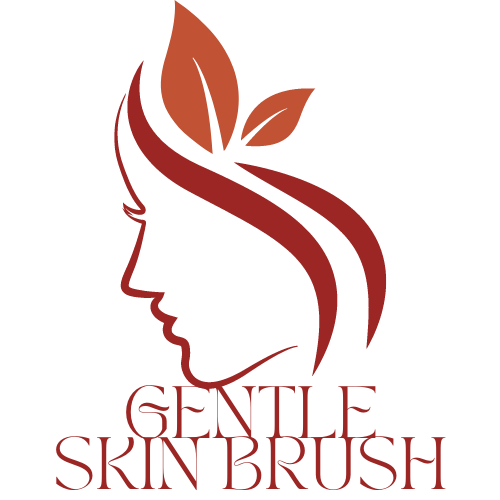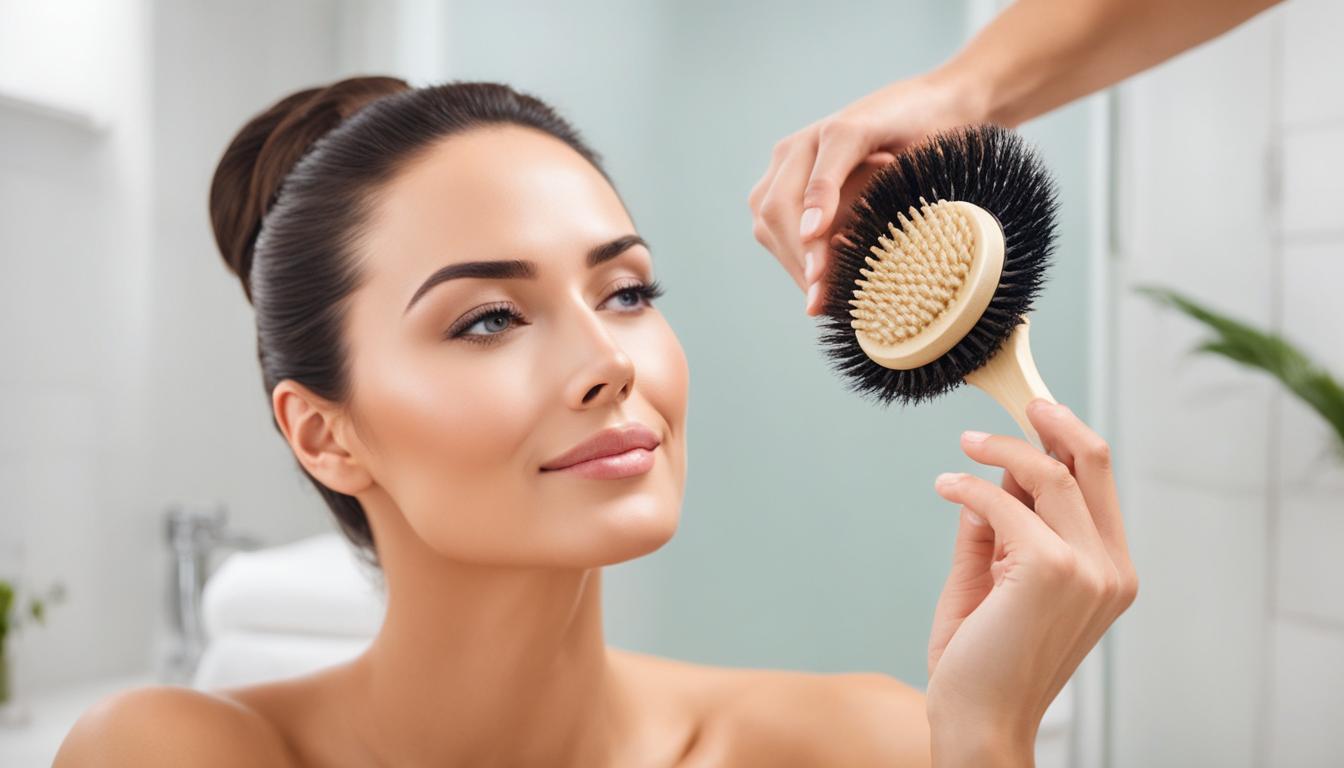If you’ve ever found yourself standing in front of the mirror, brushing your hair and feeling frustrated as it frizzes up, you’re not alone. Frizzy hair is a common problem and one that can be difficult to manage.
In this blog, we’ll take a look at the causes of frizzy hair and discuss some tips and tricks for keeping it under control.
Contents
Identifying your hair type and knowing what works best

Have you ever wondered why your hair gets frizzy when you brush it? Knowing your hair type is the key to understanding why it behaves the way it does and how to best care for it. By understanding the unique characteristics of your hair and why it gets frizzy when you brush it, you can put an end to unruly locks and enjoy healthy, manageable hair.
By understanding the unique characteristics of your hair and why it gets frizzy when you brush it, you can put an end to unruly locks and enjoy healthy, manageable hair.
Understanding the different types of frizz
Have you ever noticed that when you brush your hair, it can sometimes get a bit frizzy? It’s a common issue, but it’s not always easy to understand why your hair is being so unruly.
To help you understand the different types of frizz and why it might be happening to your hair, we’ve put together this guide. First of all, it’s important to know that there are two types of frizz: mechanical and environmental. Mechanical frizz is caused by brushing, blow-drying, or using other styling tools, while environmental frizz is caused by humidity, sweat, and even pollution.
Mechanical frizz is caused when the cuticle layer of your hair is disturbed or damaged. The cuticle layer is the outermost layer of the hair, and when it’s damaged, it can cause the hair to look frizzy. This is why brushing or blow-drying your hair can cause it to frizz up.
This is why brushing or blow-drying your hair can cause it to frizz up. Environmental frizz is caused when the hair is exposed to a humid environment. This causes the hair’s cuticle layer to swell up, which again makes it look frizzy.
Exposure to sweat, pollution, and even certain hair products can also cause environmental frizz. The good news is that there are ways to reduce both kinds of frizz. For mechanical frizz, make sure you’re using the right tools when you style your hair and be gentle with your hair. For environmental frizz, try using a deep-conditioning treatment or a protective spray before you head out into the humidity. By understanding the different types of frizz, you can take steps to minimize the amount of frizz your hair experiences. Armed with this knowledge, you can have smooth, manageable hair in no time!
Tips for preventing frizz
If you’re looking for tips on how to prevent frizz, you’ve come to the right place! When it comes to the question of why your hair frizzes when you brush it, there are a few key elements that can be to blame. Firstly, it could be a lack of moisture, which can leave your hair feeling dry and brittle, thus making it more prone to tangles and frizz.
Firstly, it could be a lack of moisture, which can leave your hair feeling dry and brittle, thus making it more prone to tangles and frizz. Another possible cause could be the type of brush you’re using; many brushes are too harsh for delicate hair, and can cause breakage and split ends, making it harder to manage and more vulnerable to frizz. Finally, it could be the type of products you’re using; if you’re using products high in alcohol, they can dry out your hair and make it more prone to frizz.
The good news is, all of these issues can be easily avoided with the right tools and products. Using a gentle, wide-toothed comb or brush, investing in a quality conditioner, and avoiding products that are too harsh for your hair type can help to keep your locks looking sleek and smooth.
Home remedies for treating frizz
Do you find yourself asking “why does my hair frizz when I brush it?” The answer may be simple: you may need to switch up your hair care routine.
Frizz is caused when the outer layer of the hair cuticle is raised, allowing moisture to enter and swell the hair strand. To combat this, try some simple home remedies to help keep your hair smooth and soft. Start by using a boar bristle brush to lightly detangle and smooth your hair.
This type of brush won’t cause friction and will help redistribute the natural oils in your hair, taming frizz. Additionally, use a deep conditioning mask once a week to replenish moisture in your hair. Finally, implement a leave-in conditioner in your routine to keep your hair hydrated and soft.
With these simple tips, you can keep your hair looking its best.
Professional treatments for frizz
Do you find yourself asking “why does my hair frizz when I brush it?” This is a common issue that many people struggle with, and it can be frustrating.
Frizz is caused by a lack of moisture in the hair, leading to dry and brittle strands that are prone to tangling and frizzing. Professional treatments such as deep conditioning and hair masks can help restore moisture to the hair and prevent further damage.
Additionally, professional products designed to reduce frizz can be used to keep hair looking smooth and shiny. For those with naturally curly hair, treatments such as hot oil treatments and Keratin treatments can help reduce the appearance of frizz, while still allowing the hair to remain curly. These treatments are performed by a trained professional and help to tame the hair and add shine.
By using a combination of professional treatments and products, you can reduce the appearance of frizz and keep your hair looking healthy and beautiful.
Summary: taking care of your hair to avoid frizz
Do you ever feel like your hair just won’t cooperate with you? You brush it and it seems like no matter how much you try, it ends up frizzy.
Well, don’t worry, you’re not alone. Dealing with frizzy hair can be a huge challenge. But understanding why your hair frizzes when you brush it is the key to finding a solution.
So, why does your hair frizz when you brush it? The answer is simple: the friction between your brush and your hair causes the cuticle layer to swell, resulting in a rough, frizzy texture. This can be particularly problematic if your hair is already dry or damaged.
To help prevent your hair from becoming too dry or damaged in the first place, it’s important to take care of your hair by using a moisturizing shampoo and conditioner, as well as a weekly deep conditioning treatment. Also, using a wide-tooth comb instead of a brush to detangle your hair can help reduce the amount of friction and prevent frizz.
Finally, using heat-protectant products before styling your hair with heat tools will help keep your hair healthy and protected from the damaging effects of heat. By understanding why your hair frizzes when you brush it and taking the proper steps to care for it, you can keep your locks looking shiny, smooth, and frizz-free.
Conclusion
In conclusion, frizzing of your hair is caused by several factors. The most common culprits are using too much heat when styling, being exposed to humidity, lack of moisture, using the wrong hair products, and brushing your hair too often.
With these tips, your hair can be healthy, smooth, and frizz-free.





Leave a Reply